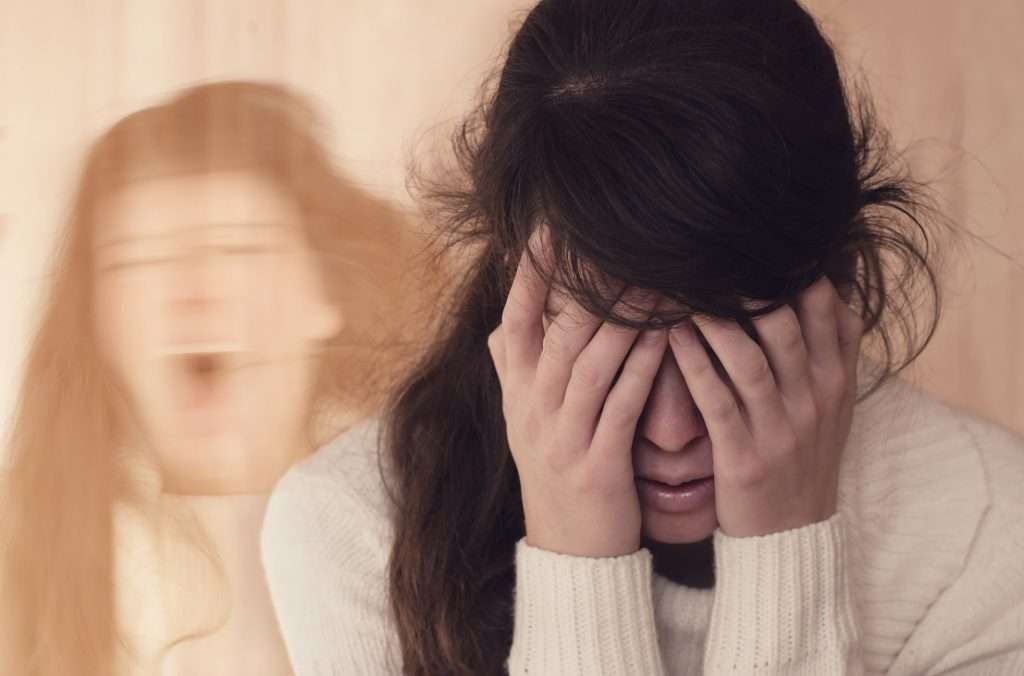Signs and Symptoms of a Drug-Induced Psychosis

The signs and symptoms of a drug-induced psychosis can be scary to experience or witness. If you notice these signs in a loved one, it is imperative to get them medical treatment immediately. A drug-induced psychosis could be a warning sign of an overdose or a symptom of an underlying mental health disorder. Sober living […]
Signs and Symptoms of High-Functioning Depression

A myth exists that someone dealing with depression finds themselves unable to get out of bed or function in their daily lives. Actually, many people who struggle with depression may act in a way that hides their conditions from others, including their loved ones. This makes it important to recognize the signs of high-functioning depression […]


